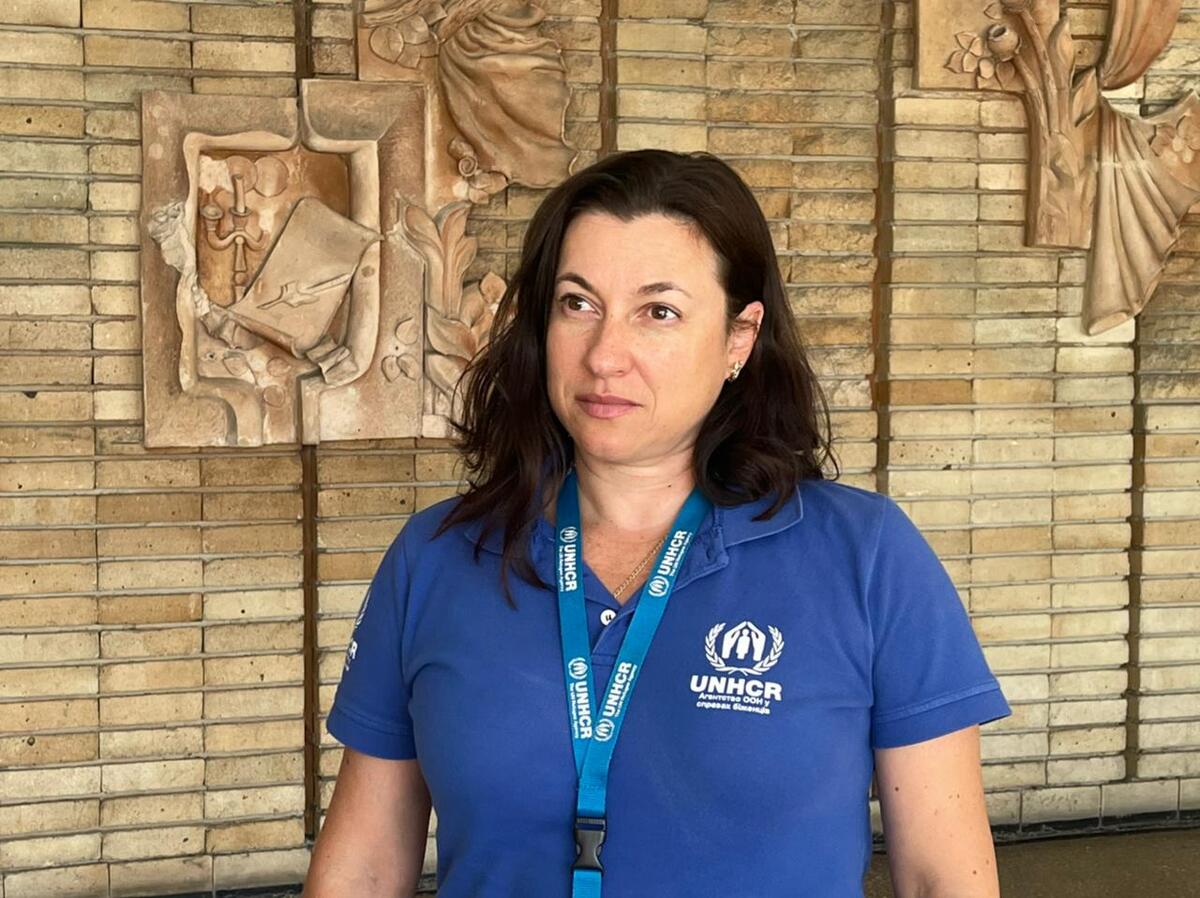UNHCR concerned over attempt to legalize automatic returns from Spanish enclaves
UNHCR concerned over attempt to legalize automatic returns from Spanish enclaves
UNHCR is concerned over a proposal by Spain to legalize automatic returns of people trying to cross border fences into its enclaves of Ceuta and Melilla located in North Africa. Under this initiative, a person trying to access Ceuta and Melilla irregularly without the required documentation, would be automatically rejected and would not be entitled to the legal guarantees foreseen in national and EU law relating to the right of an individual to seek asylum.
The two Spanish cities are the only land borders between the European Union and Africa. Since 2013 there has been an increase in the number of people arriving irregularly through this route. There has also been an increase in the proportion of those coming from countries torn by war, violence and persecution, including Syria, Central Africa Republic, and Mali. In 2013, around 4,200 people entered the enclaves irregularly (by land and sea). So far this year, over 5,000 people have arrived, including 2,000 people fleeing the conflict in Syria (of whom 70% are women and children).
As a response to the influx, the Spanish Government has proposed an amendment to current law to be applied exclusively at the Ceuta and Melilla borders. The proposal introduces the concept of "rejection at the border" ("rechazo en frontera" in Spanish), and aims at legalizing the current practice of push-backs. This practice would not provide any opportunity for those fleeing persecution and conflict to request asylum.
In this context, UNHCR stresses the importance of permitting access to territory to seek international protection. UNHCR understands the complexity of border management in Ceuta and Melilla. However, the Government should ensure that any legal initiative complies with its international obligations, particularly the 1951 Refugee Convention, to which Spain is party.
In addition, UNHCR continues to express concerns over the growing use of violence at the border to deter migrants and asylum-seekers from entering. This year there have been several violent incidents documented and increased reports of push-backs from the enclaves. Most recently, on 15 October, at the Melilla fence during an entry attempt of around 200 persons, images show border authorities using violence. UNHCR calls upon the Spanish authorities to ensure that no violence is exercised at the Spanish borders and that they are managed with full respect for human rights and refugee law. UNHCR stands ready to support the Spanish authorities.
For more information on this topic, please contact:
- In Madrid, Maria Jesus Vega on mobile +34 91 556 3649
- In Geneva, William Spindler on mobile +41 79 217 3011








